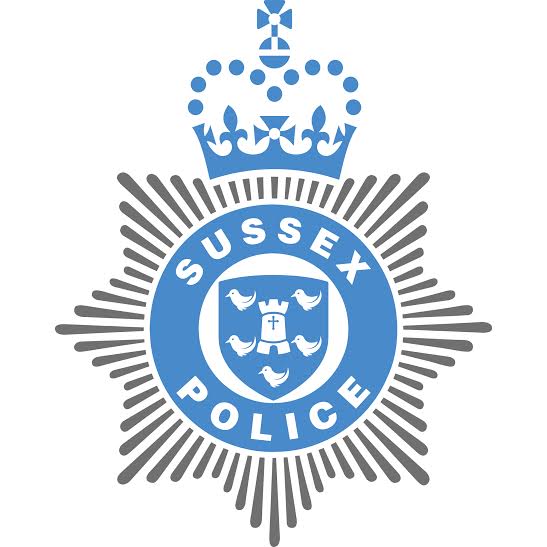
An overworked officer who mislaid tangential evidence which led to the collapse of two trials has lost her job after being found guilty of gross misconduct.
The officer, who cannot be named in reporting of these proceedings, was asked to take on two conflicting roles after the police made its disclosure officer roles redundant, with little training.
She failed to disclose CCTV from banks of a suspect who wasn’t charged, and over the course of a two year investigation lost track of more footage of defendants paying in their money which had not been properly logged by colleagues.
Nearly all of the footage was later deemed irrelevant, and none of it harmed the prosecution case, the hearing was told.
When the financial investigating officer Tanya Smith – who had ordered the CCTV and who both the officer and her boss thought was responsible for disclosing it – raised the issue of it not being disclosed, the officer sent an email suggesting that they forget it existed.
The officer, who the hearing was told has an otherwise exemplary record, told the hearing she had meant this as a sarcastic joke and to reassure Ms Smith – but a judge had said it meant the whole case was tainted, and she now risks losing her job because of it.
Her lawyer, Adrian Keeling QC, said: “She accepts that disclosure is an important part of the process and it’s accepted that mistakes were made.
“She was not aware of the CCTV that was subsequently found when she should have been.
“It was put to her at one stage that she blamed everyone else, but she’s not doing that, and the most powerful evidence that she’s not doing that is that she accepts that those failing were hers.”
He said her suggestion to pretend the evidence didn’t exist had to be taken in the context that it was “always going to be material that at best benefited the prosecution to a small degree and at any view was profoundly unlikely to ever undermine the prosecution case.”
He added: “It’s unfair to ask an officer to do an almost impossible task and then to blame her for failing to do it.”
The two trials arose from Operation Australia, a “vast” investigation into the supply of crystal meth in Brighton.
Representing Sussex Police, Mat Holdcroft asked her: “Drugs worth £60 to £70,000 were seized. A conspiracy that spanned years with Class A drugs and possible harm to those taking crystal meth and because of your failings the public were denied a trial of those defendants.
“Why is that not gross misconduct?”
The officer replied: “I don’t believe my personal actions had any dishonest intention and that the trial could have continued with me removed with another colleague and we could have had the outcome that would have been decided by the jury.
“I put my heart and soul into this case and had no dishonest intention to make it fail and I did the job wo the best of my ability with the tools I had at the time.
“I don’t believe I should be punished in the way I would be with gross misconduct. I want to continue doing the job I love.”
Disclosure officers make sure all evidence is passed onto the defence, and their role is to test evidence from the defence’s point of view.
On Monday, the hearing was told that at the time, evidence was logged and stored on several different systems, making it difficult to keep track of.
The officer’s boss, Detective Inspector Julie Wakeford told the hearing that in hindsight she should not have been given the dual roles, and that doing both was “almost impossible”. Officers are no longer expected to do both.
This morning, Muzamil Khan told her the panel had found that she had failed to disclose two batches of evidence, and that she had tried to cover this up, and that taken together, they amounted to gross misconduct.








I think calling it “mislaid” is a bit overly sympathetic. Having read the transcript, she knew about the evidence, failed to disclose it and then tried to cover it up. That amounts to an abuse of her position. She deserved to be sacked.